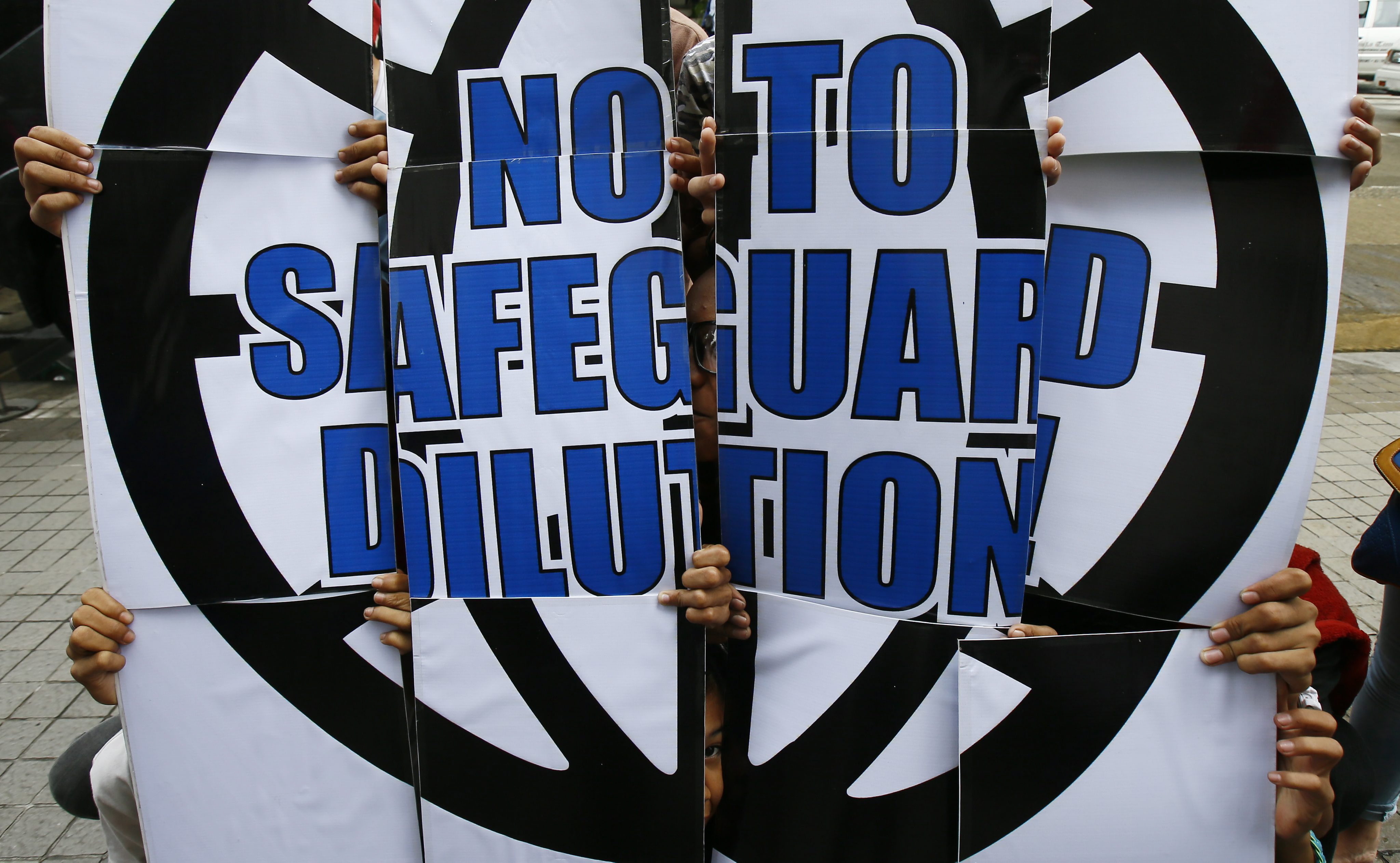The economics of biodiversity
Completely rethinking economics
The Dasgupta Review, which was published in February, views nature as an asset comparable to produced capital (like roads, buildings and factories) and human capital (health, knowledge and skills). At the same time, it recognises that nature is more than a commodity: it has an intrinsic value that rests in its very existence.
Biodiversity, or the variety of habitats and life forms as well as the genetic diversity within species, makes nature productive, resilient and adaptable. The authors of the review, which is named for its lead author, the British economist Partha Dasgupta, see in it another parallel to the financial world: diversity in an investment portfolio reduces risk in the same way that diversity in nature protects ecosystems from shocks. Less biodiversity is bad for both people and nature, the review concludes.
According to this economic perspective, humanity as a whole has thus far done a poor job managing the global portfolio of natural assets: Dasgupta et al. argue that demand has far outstripped supply. Whereas between 1992 and 2014, produced capital per capita doubled and human capital grew by 13 %, natural capital shrunk by 40 %. In other words: human prosperity has grown at the expense of nature. In order to maintain it, we would need an estimated 1.6 earths.
But since we only have one planet, economic growth and development must be carried out sustainably. According to Dasgupta, “truly sustainable economic growth and development means recognising that our long-term prosperity relies on rebalancing our demand of nature’s goods and services with its capacity to supply them”. He made this statement at the publication of the review, which he and other experts have been working on since 2019 at the behest of the British government.
Poor countries are worst affected
The loss of biodiversity is dramatic (see Theresa Krinninger in D+C/E+Z e-Paper 2019/07, Monitor section). Many ecosystems, from tropical rainforests to coral reefs, have already been irrevocably destroyed; others are about to reach a “tipping point”, which could have dramatic consequences for life on earth. Poor countries, whose economies rely more on domestic natural services and resources than those of industrialised nations, are worst affected, the review emphasises.
According to the authors, the desperate situation can primarily be attributed to a failure of markets and institutions. They criticise the fact that nature’s services and resources cost nothing in financial terms. As a result, there is no incentive to invest in them. They also see it as problematic that many of nature’s assets are mobile (animals), silent (trees) or invisible (like the life in the soil). Additionally, they stress that it is difficult to track what factors impact it and how, which leads to numerous external effects.
According to the review, a fundamental institutional failure is at the root of this market failure. The handling of externalities has been faulty, the authors believe, and almost everywhere in the world, states are exacerbating the problem by spending more on exploiting nature than on preserving it, and by not prioritising sustainable economic activities. Conservative estimates put global subsidies that harm the natural world at $ 4 trillion to $ 6 trillion per year.
What’s more, there are no international agreements to protect global public goods like oceans or rain forests. The authors believe that could be changed at the 15th Conference of Parties of the Convention on Biological Diversity (COP15) in October in Kunming, China, and at the 26th Conference of Parties of the United Nations Framework Convention on Climate Change (COP26) in November in Glasgow, Scotland. The year 2021 is considered decisive for determining whether dramatic trends like the loss of biodiversity and the fuelling of the climate crisis can be stopped.
Viewing humans as part of nature
The authors believe that it is necessary to completely rethink the relationship between nature and economics. Most models of economic growth and development treat nature as the source of a limited number of goods and services, and aim to show that technological advancements could, in principle, overcome these limitations. These theoretical models see humanity as existing “outside” of nature.
In contrast, Dasgupta et al. propose an “economics of biodiversity”. They view humans and their economic systems as part of nature. According to this understanding, humanity must take full responsibility for the consequences of every interaction with nature, from the extraction of commodities to the disposal of waste, and arrive at truly sustainable economic growth and development. Specifically, the authors recognise that action is needed on three levels:
- Humanity must ensure that it does not consume more natural resources than can be provided over the long term. Additionally, the supply of natural assets must be increased, for instance by expanding protected areas, increasing investments in nature-based solutions and enacting policy measures to curb overconsumption and overproduction.
- We should measure economic success differently and arrive at an inclusive definition of prosperity that takes into account the value of investments in nature. Including natural capital in national accounts would be an important step.
- In order to implement these changes, we have to reconfigure our institutions and systems, particularly in the areas of finance and education. For instance, public and private funds could be diverted to increase, rather than decrease, natural assets. Education should place a high value on nature, because, among other reasons, that would allow people to make conscious choices and call for change.
Link
Dasgupta, P. et al., 2021: The economics of biodiversity – the Dasgupta review.
https://www.gov.uk/government/publications/final-report-the-economics-of-biodiversity-the-dasgupta-review










